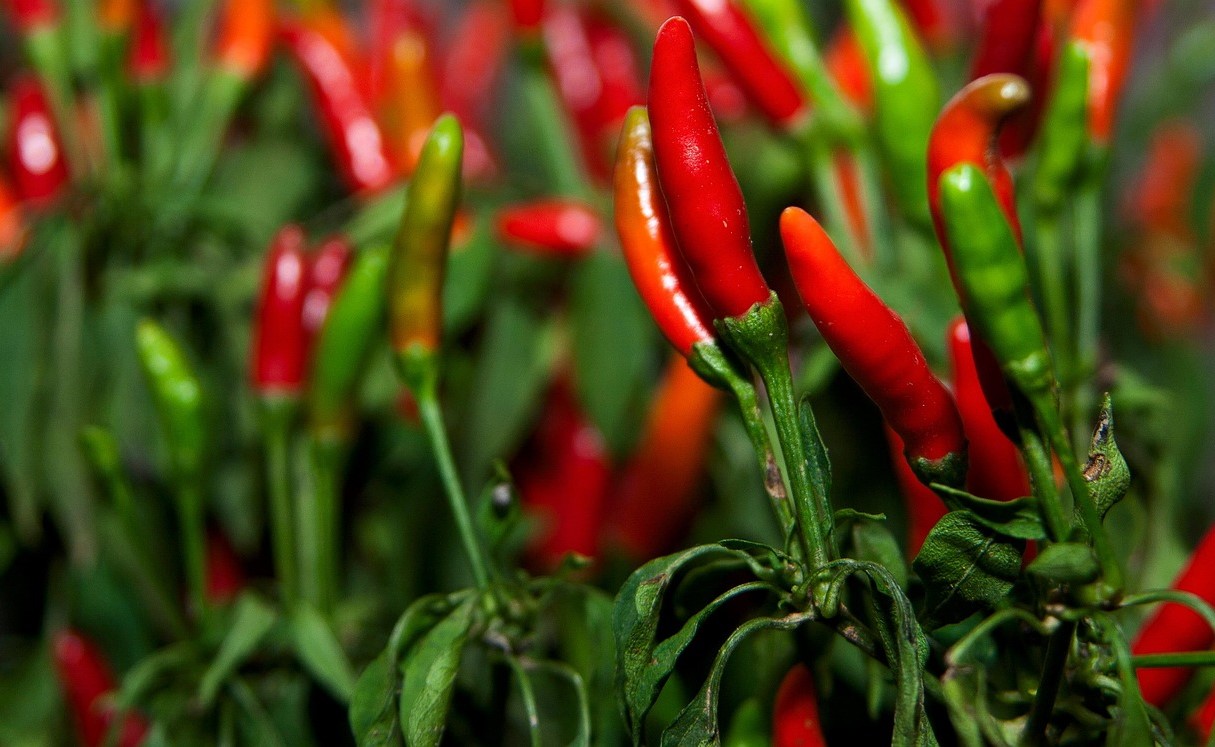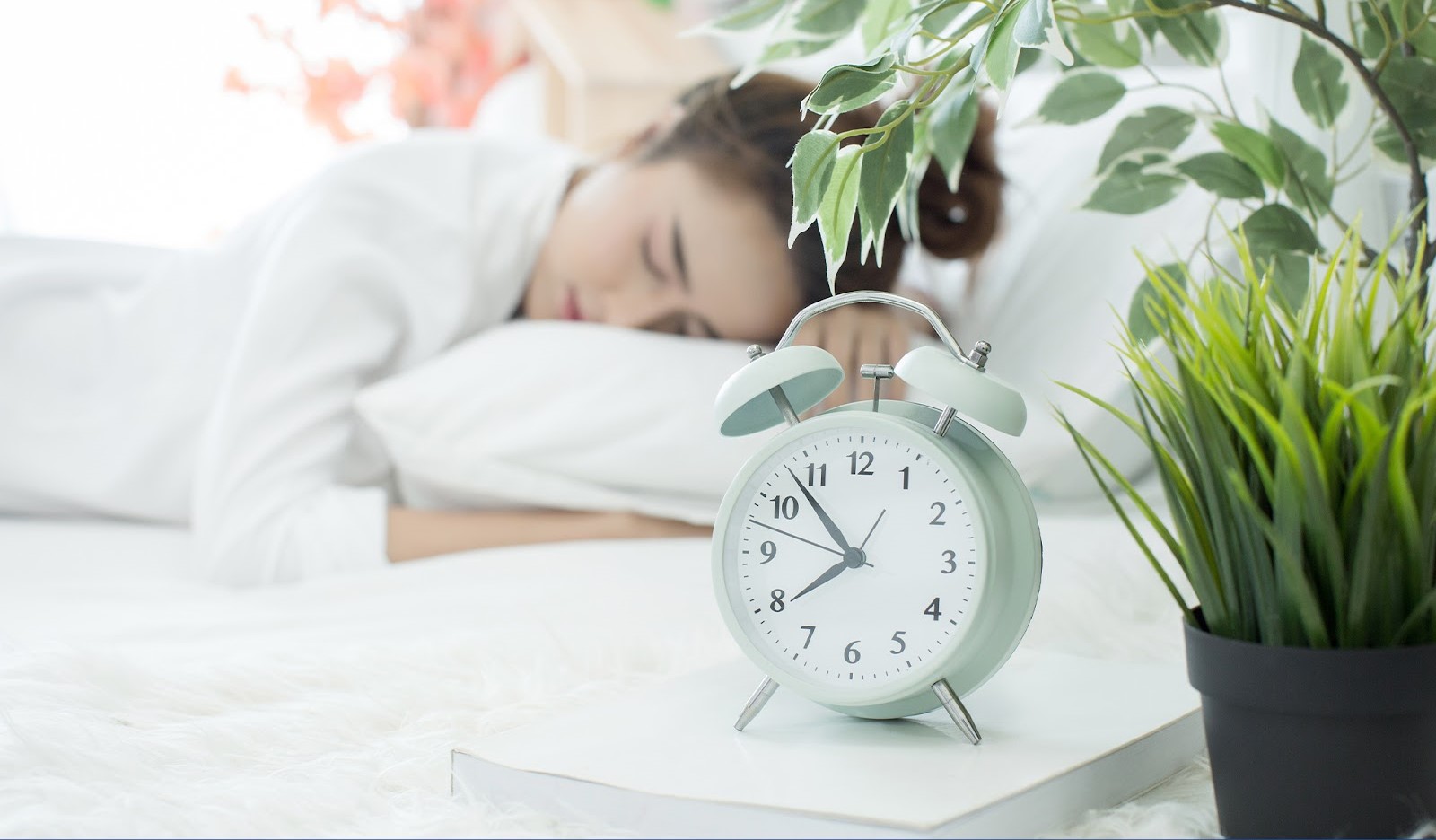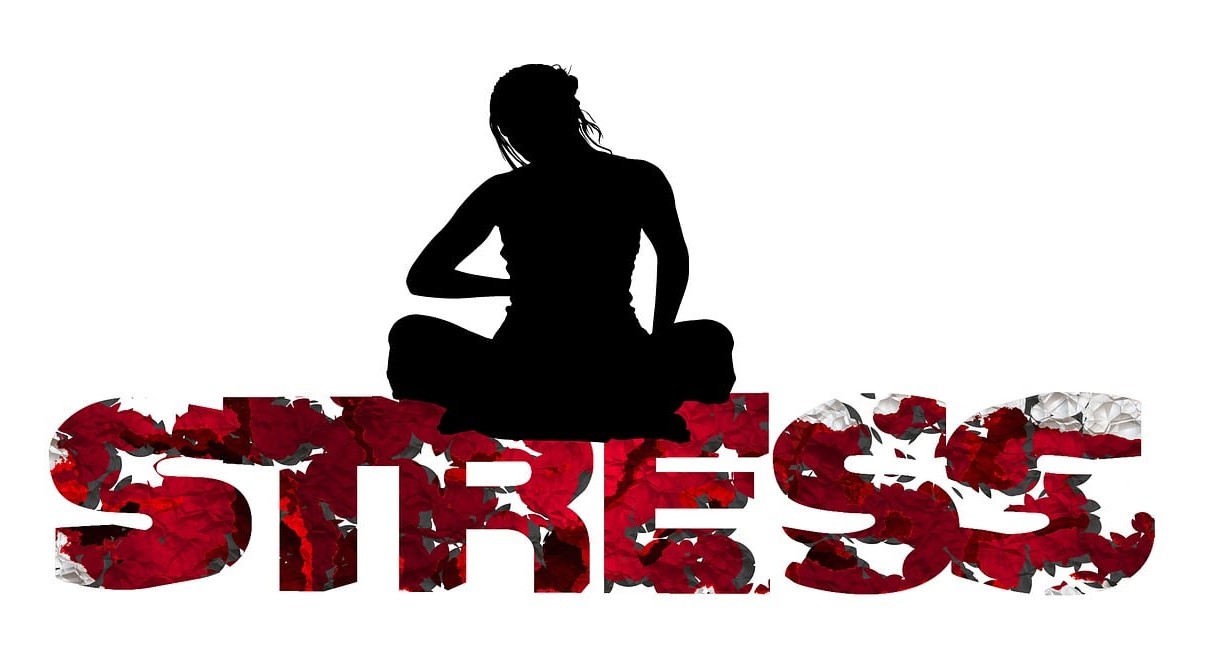Sleep is an essential part of our daily routine, directly influencing our physical and mental health. However, many people struggle with getting sufficient, restful sleep due to various habits and environmental factors. In this article, we will explore the importance of sleep and identify key behaviors to avoid to ensure a better night’s rest. Additionally, we will provide scientific examples and evidence to show how these factors can affect sleep quality.
Importance of Sleep: Why is Sleep Vital for Health?
Sleep plays a crucial role in maintaining the body’s overall health. It is during sleep that the body repairs itself, consolidates memories, regulates hormones, and supports immune function. Chronic sleep deprivation is linked to a range of health issues, including weakened immunity, obesity, cardiovascular disease, and cognitive impairments. Studies show that getting 7-9 hours of quality sleep per night is essential for optimal health.
Purpose of the Article: Helping You Recognize Sleep-Disturbing Habits and How to Avoid Them
The goal of this article is to raise awareness about habits that negatively impact sleep and provide practical solutions to mitigate them. By making small adjustments to your daily routine, you can significantly improve your sleep quality and overall well-being.
Part 1: Foods and Drinks to Avoid
Caffeine
Caffeine is a well-known stimulant found in coffee, tea, energy drinks, and even chocolate. While it can boost alertness during the day, consuming caffeine late in the day can interfere with your sleep. It raises heart rate and stimulates the nervous system, making it difficult to wind down.
Scientific Example: A study published in the Journal of Clinical Sleep Medicine found that consuming caffeine even six hours before bed can significantly delay sleep onset. For instance, drinking a shot of espresso in the evening may keep you awake for up to six hours after consumption.
Spicy Foods

Spicy foods, such as those seasoned with chili peppers or hot spices, can cause discomfort and digestive issues. They can lead to heartburn or indigestion, which disrupt sleep by causing discomfort during the night.
Scientific Example: Research has shown that eating spicy meals before bedtime can increase the risk of gastroesophageal reflux disease (GERD), which can wake you up in the middle of the night. For example, a bowl of spicy pho eaten late at night may cause acid reflux, disturbing your sleep.
Alcohol
While alcohol may initially make you feel drowsy, it disrupts the sleep cycle by interrupting the deeper stages of sleep. This results in fragmented sleep, making you feel tired and groggy the next morning.
Scientific Example: According to the National Institute on Alcohol Abuse and Alcoholism, consuming alcohol before bedtime can increase the number of awakenings during the night, particularly in the later stages of sleep. Drinking two beers before bed may cause frequent awakenings and reduced sleep depth.
Part 2: Habits Involving Electronic Devices

Blue Light Exposure
The blue light emitted from screens, such as smartphones, tablets, and computers, suppresses melatonin, the hormone responsible for regulating sleep. This interference makes it difficult to fall asleep at a reasonable hour.
Scientific Example: A study from the Harvard Medical School found that exposure to blue light for just 2 hours before bedtime significantly reduces melatonin production and delays sleep onset. For instance, scrolling through your phone for 30 minutes before bed may make it harder to fall asleep.
Content on the Internet
Engaging with stimulating or stressful content, such as news or intense movies, can activate your brain and increase stress levels, making it hard to relax and prepare for sleep.
Scientific Example: Research published in Psychosomatic Medicine suggests that watching distressing or emotionally intense media content can increase levels of cortisol, the stress hormone, making it harder to unwind. Watching a horror movie right before bed could leave you with nightmares and disrupt your sleep.
Part 3: Unsuitable Sleeping Environment

Noise
Environmental noise, such as traffic sounds, people talking, or animals barking, can disturb sleep, especially during the lighter stages. This causes fragmented sleep, making it difficult to fall back asleep after waking up.
Scientific Example: A study from the European Heart Journal found that exposure to constant noise, such as traffic or construction sounds, is associated with poorer sleep quality and an increased risk of cardiovascular diseases. The sound of a dog barking outside can wake you up in the middle of the night and make it difficult to fall back asleep.
Light
Light, whether from streetlights or bright bedside lamps, can interfere with your body’s natural sleep-wake cycle by suppressing melatonin production. Even small light sources, such as nightlights or the glow from electronic devices, can affect sleep quality.
Scientific Example: According to the National Sleep Foundation, exposure to light during sleep can suppress melatonin levels and disrupt circadian rhythms. A bright nightlight could prevent you from entering the deeper stages of sleep and leave you feeling tired the next day.
Temperature
An uncomfortable room temperature, whether too hot or too cold, can make it hard for the body to regulate its internal temperature, which is crucial for quality sleep. A room that is too warm can cause sweating and restlessness, while a cold room can lead to discomfort.
Scientific Example: Research from the Sleep Foundation shows that the optimal bedroom temperature for sleep is around 65°F (18°C). Temperatures outside of this range, such as a room that is too hot, can cause discomfort and disrupt sleep by affecting the body’s natural cooling process.
Part 4: Other Contributing Factors
Exercising Too Close to Bedtime
Engaging in vigorous exercise too close to bedtime can increase your heart rate and body temperature, both of which make it difficult to wind down and fall asleep.
Scientific Example: A study published in the Journal of Sleep Research found that exercise within 1-2 hours before bed can delay sleep onset and reduce sleep quality. Running or doing high-intensity workouts an hour before sleep can make it harder to relax and drift off.
Stress and Anxiety

High levels of stress or anxiety can keep the mind racing, making it difficult to unwind and focus on getting rest. Worries about work, family, or life in general often lead to sleepless nights.
Scientific Example: The American Psychological Association reports that stress can cause difficulty falling asleep and staying asleep, as it leads to an overactive mind. If you’re worried about an upcoming work deadline, you may find yourself tossing and turning all night.
Sleep Disorders
Sleep disorders, such as snoring, sleep apnea, and insomnia, can severely impact sleep quality. These conditions often require medical intervention and should not be ignored.
Scientific Example: According to the American Academy of Sleep Medicine, untreated sleep apnea can result in fragmented sleep, leading to excessive daytime sleepiness and a higher risk of cardiovascular issues. If you experience persistent difficulty sleeping or suspect you may have a sleep disorder, consulting a doctor is essential.
In summary, various factors can negatively impact the quality of your sleep, including what you eat, how you spend your time before bed, your sleeping environment, and your overall health. Avoiding stimulants like caffeine, spicy foods, and alcohol, minimizing exposure to blue light, and creating a peaceful sleeping environment are key steps toward improving sleep. Additionally, managing stress and addressing sleep disorders will significantly enhance sleep quality. By making conscious changes to your lifestyle, you can ensure better rest and, consequently, better health.



